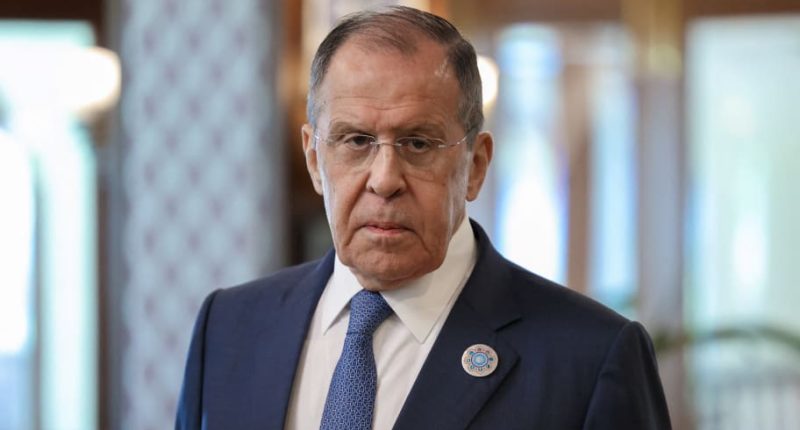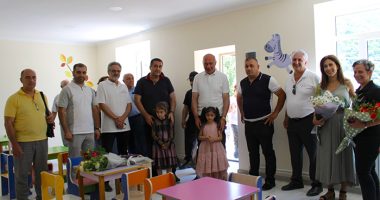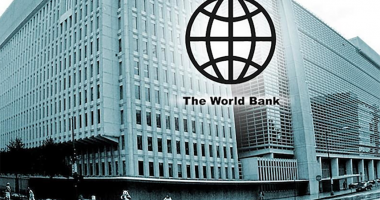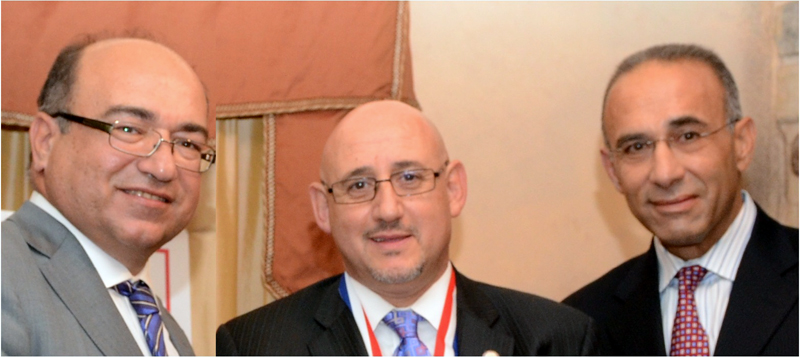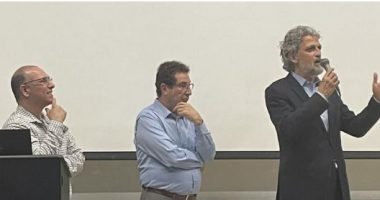By: K. Khodanian
Over the course of the past three decades, numerous peace initiatives have been introduced in attempts to find a resolution to the complex Nagorno-Karabakh issue. These initiatives have encompassed a range of approaches, including the package solution, phased plan, common state proposals, Key West negotiations, the Madrid principles, and notably, the 2015 plan presented by Russian Foreign Minister Sergey Lavrov.
First Lavrov plan called for the return of the five regions adjacent to Nagorno Karabakh to Azerbaijan and later the remaining two regions. Additionally, it envisaged the creation of a corridor linking Armenia to Artsakh, under the control of Russian peacekeeping forces. One distinctive aspect of this plan was its ambiguous stance on the ultimate status of Nagorno-Karabakh.
In a remarkable turn of events, several elements of Lavrov’s proposals came to fruition following the conclusion of the 44-day war. Notably, the return of territories adjacent to Nagorno-Karabakh to Azerbaijan unfolded. However, the continuity of the corridor’s operation faced significant disruptions. A prolonged nine-month siege had dire implications for the inhabitants of Artsakh. The grave consequence of this siege is the escalating risk of widespread famine, casting a dark shadow over the region’s prospects.
The Russian Foreign Minister has reportedly presented a set of new proposals about the status of Nagorno-Karabakh to both Armenia and Azerbaijan. Dikran Bedrosyan, the chairman of the Anti-Crisis Council affiliated with the Artsakh president, shared what he claimed to be a draft of Lavrov’s proposal on his Facebook page. The document bears the title: “The main principles and standards of ensuring the security and rights of the Armenian population in the territory of the former Nagorno Karabakh Autonomous Region of the Azerbaijani SSR, in accordance with the legislation of Azerbaijan”. Bedrosyan asserts that during a July meeting in Moscow Lavrov presented this new document to the foreign ministers of Armenia and Azerbaijan. While no official stance has been publicized by any of the involved parties, the fact that the document’s content was disclosed by a source closely linked to the President of Artsakh suggests a couple of potential interpretations. On one hand, this revelation could indicate a degree of opposition or skepticism within the Artsakh authorities towards Lavrov’s proposals. Public disclosure might be seen as an indirect way to express reservations or disapproval of the presented ideas. On the other hand, it could also signal an attempt to initiate a broader discourse regarding the content of the document and elicit reactions from the public.
The presented document outlines a series of proposals concerning the Armenian population residing in Nagorno-Karabakh. According to this document, it is recommended that the Armenian community in Nagorno-Karabakh be granted equal legal safeguards and protections. Discrimination based on language, nationality, or religion is expressly prohibited, further emphasizing the commitment to upholding fundamental human rights and preventing any form of bias.
Among the stipulations of the proposal is the assertion that the Armenian population should not face any form of involuntary or coerced displacement, reinforcing the need to safeguard the security and well-being of those residing in the region. The document calls for guaranteeing several rights of Armenians, in particular, religious freedom, preservation of cultural and national identity, education in Armenian, and the inviolability of private property.
Here, the term “guarantee” takes center stage, and it’s imperative to underscore the name of the guarantor. Regrettably, the ability of Russia to uphold the entrusted mission of unhindered movement through the Lachin Corridor has faced obstacles. The track record of ensuring such rights is uncertain, raising doubts about Russia or any other external power’s ability to effectively guarantee the rights outlined in this proposal.
The international community is well aware that the Azerbaijani population, including various minorities within the country, find themselves within a system marked by dictatorship and corruption. The people of Azerbaijan do not enjoy basic freedoms and rights that are internationally recognized and upheld.
Lavrov’s proposed plan does not fully meet the aspirations and yearnings of the people of Artsakh for genuine autonomy and liberty. Given the present circumstances, where Azerbaijan’s actions have taken on a genocidal nature, the resolution to the Nagorno-Karabakh Problem seems to necessitate a distinctive approach: the unequivocal recognition of the internationally established right to self-determination. This can be accomplished through the principle of “Secession for Salvation.”
“MASSIS”

